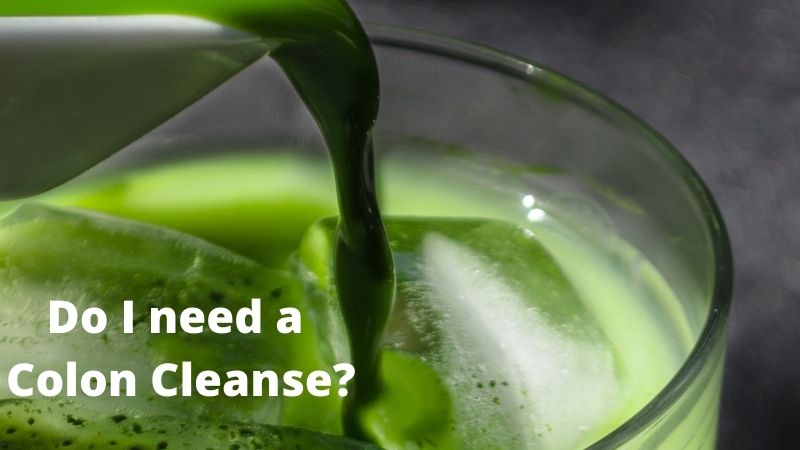
What is the Colon and Do I need a Colon Cleanse
What is the colon? Do I need a colon cleanse?
What is the colon?The colon is a large intestine that is connected to the small intestine. The small intestine absorbs nutrients from food and sends them on to the large intestine for elimination. In addition, the colon contains many of your body’s waste products.
The colon has two major parts: the ileum and the cecum. The ileum is about 20 inches (50 cm) long and the cecum is about 6 inches (15 cm) long. The colon acts as a storage area for food and waste. The colon contains blood vessels, nerves, lymph nodes, and other important organs that help to process food and waste through the digestive system.
Cells in the colon are responsible for absorbing nutrients from food and turning them into usable energy by combining them with oxygen. Other cells in the colon are responsible for producing mucus that protects against infection by pathogens. In addition to these cells, there are also cells in the wall of the colon that produce chemicals called neurotransmitters that help control motor function in our digestive tract.
Do I need a colon cleanse?

Do I need a Colon cleanse?
Still, certain aspects of colon cleansing may be beneficial. One example is improving bowel movements. Regular bowel movements are important for overall health. A gentle mucoid plaque detox may be something you want to consider.
Colon cleansing is not a new concept, as it was originally proclaimed as a health remedy in China over 2,500 years ago. It was also used by the ancient Greeks and Romans in their diets and other practices. The colon is surrounded by muscles that help support its movement along with your intestines. If these muscles become damaged or inflamed they may cause intestinal blockages, which can be very painful.
The most common symptoms of this condition are diarrhea or constipation . If you are experiencing any of these symptoms you should see your doctor for an examination as soon as possible.
Colon cleansing may be beneficial to people who have a sluggish bowel or experience constipation or loose stools (or diarrhea). A person’s digestive system is designed to process food quickly through its four-part digestive tract: mouth, stomach, small intestine, and large intestine. When foods do not move through these four sections efficiently, a person’s digestion may slow down or stop altogether. Sometimes this can lead to constipation or diarrhea, which can be uncomfortable but not harmful if it does not last too long. Another way that a person’s digestion can slow down is when harmful bacteria build up in their intestines because of poor dietary choices such as consuming.
Increasing fiber can help with improving healthy levels of bacteria in the gut . According to a study published in the “Journal of Nutrition”, a high-fiber diet can improve the absorption of minerals from food and improve nutrient absorption.
Foods that are rich in fiber include whole grains, legumes, fruits and vegetables. Other foods that are high in fiber include canned beans, peas, corn and nuts. These foods will help to keep the digestive system moving along smoothly by making sure that food moves from the mouth through the stomach and small intestine to be digested.
If you are wanting to understand more about mucoid plaque cleanse or mucoid plaque detox a great product to try is SupraDetox.
Last Updated on March 27, 2023 by Katie Sisel Distributor
